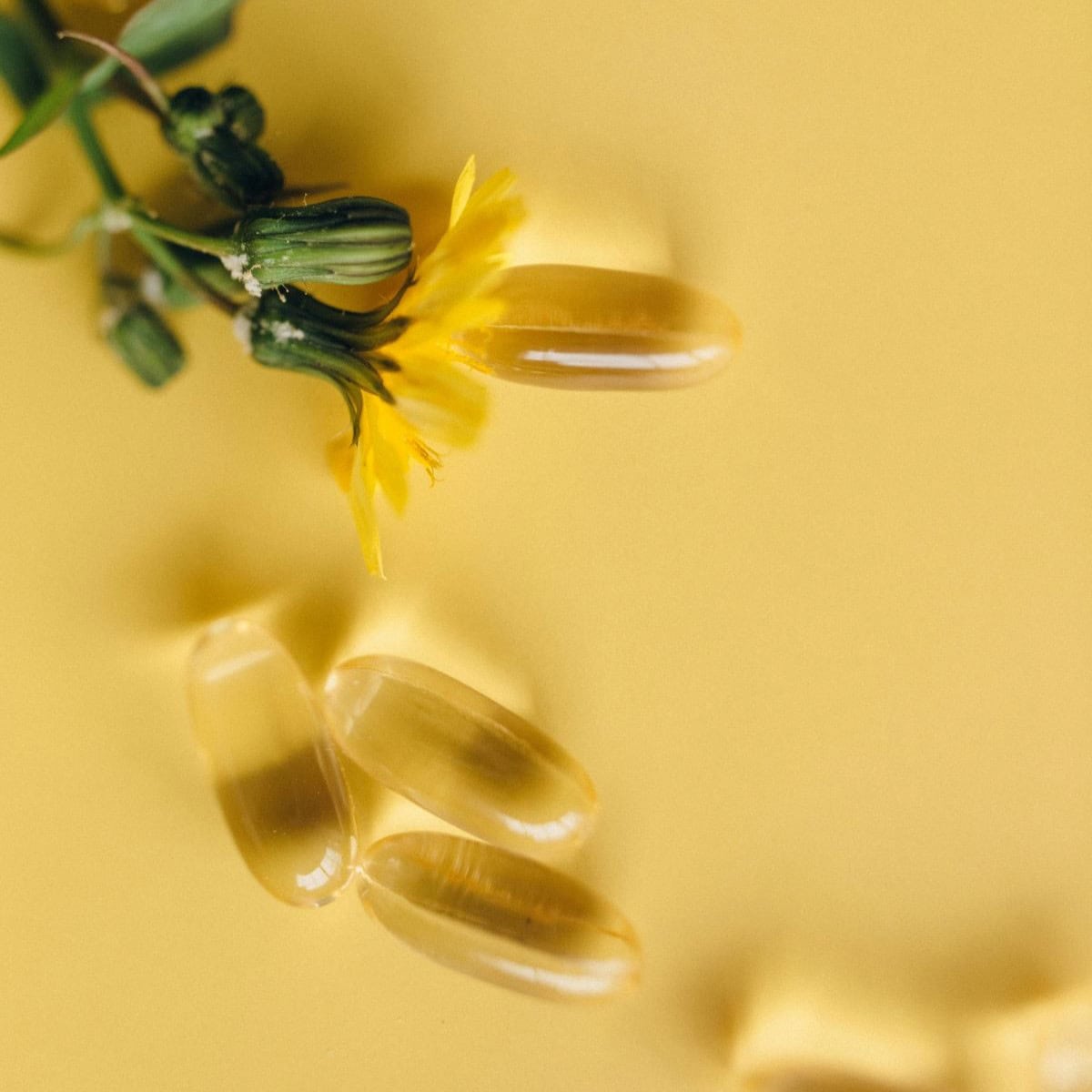With social drinking on the rise, It’s getting increasingly difficult to determine how much alcohol is too much. No demographic is immune to binge-drinking culture, and alcoholism still prevails past stereotypical wealthy businessmen and college-frat-boy types. Nowadays, heavier drinking habits are common among previously unassuming individuals, like stay-at-home moms and underage teens, as alcoholism leaves no leaf unturned.
Media portrayals of overindulgent drinking habits have increased the glamorization of alcoholism. Depictions of suave, Don-Draper-from-Mad-Men-types, whose confidence only exists with the aid of a beverage, make over-drinking seem normal. Today, alcohol’s popularity is spiking among the Wine Wednesday and “mommy-juice-meme” crowds, who sip on one-too-many drinks to get through the day.
As trendy alcohol consumption continues to spike, it’s essential to recognize the signs of dependence within yourself. Binge drinking disorders are sneaky, creeping on folks one drink at a time. Save yourself from potential alcohol-related risks down the road by nipping bad habits in the bud.
If you find yourself sneaking drinks to avoid shame, drinking to feel satisfied, and engaging in conversations with concerned friends and family, it may be time to evaluate your relationship with alcohol and begin attending an AA meeting online. Before you dive deep into dependency solutions, brush up on common myths to ensure a safe, informed recovery.
Like most bad habits, the first step in deconstructing harmful behaviors is admitting you have a problem. If you have determined your drinking habits are excessive, attempting sobriety may be the path for you. For many folks struggling with substance dependence, quitting alcohol cold turkey is detrimental, with severe withdrawal side effects ranging from sickness, extreme fatigue, and in worst-case scenarios, death. It’s vital to seek out help if you aim to sober up, and counseling or obtaining a support network is the first step on your way to kicking the habit.
Being able to hold your liquor means there isn’t a problem
Many folks may believe that those who can drink copious amounts of alcohol without feeling drunk or suffering a hangover are immune to abusing alcohol. The opposite, however, is true. Usually, folks who drink large quantities of liquor have likely developed an alcohol dependence— which is often a sign of chronic alcohol abuse.
Occasional binge drinking is fine now and then
The hard truth of the matter is this: binge drinking will negatively affect your health no matter how you paint it. Binging alcohol can result in various ailments, from typical frustrating hangovers to severe liver cirrhosis. Whether you’re wasted once a week or once a year, the risks of heavy consumption often outweigh the benefits of light consumption for an evening.
Only drinking beer doesn’t count
Many folks believe avoiding hard liquor in favor of beer or wine will prevent abuse issues down the road. However, alcohol dependency is less about what you drink than how much you drink. One cocktail is equally intoxicating as one high-percentage can of beer or wine glass. Even though alcohol content on a can of beer may feel lower than a vodka shot, standard drink sizes typically contain the same amount of alcohol.
Too old to have a drinking problem
Alcohol abuse does not discriminate when it comes to age. In fact, alcoholic beverages may have an entirely different adverse effect on older folks due to medications they may be taking and general physical health changes. While it may seem like you have to develop a drinking habit early on in life to carry over into old age, this is a dangerous misconception. Seniors are just as susceptible to substance abuse issues, even though they may not be the most obvious culprits.
Drinking helps with pain management
For those who struggle with chronic pain, alcohol may seem like a helpful solution to managing daily discomfort. However, it’s essential for folks suffering from chronic pain to understand that alcohol is not a solution. Mixing pain-managing pharmaceuticals and alcohol is extremely dangerous and can lead to overdose or poisoning. Additionally, though a drink may momentarily help take the edge off, alcohol will only exacerbate your health issues with prolonged use.
Although heavy social drinking is becoming increasingly common among people in the 21st century, the health effects are detrimental. Carefully moderate your alcohol consumption to avoid unwanted dependence or addiction.





Leave a Reply